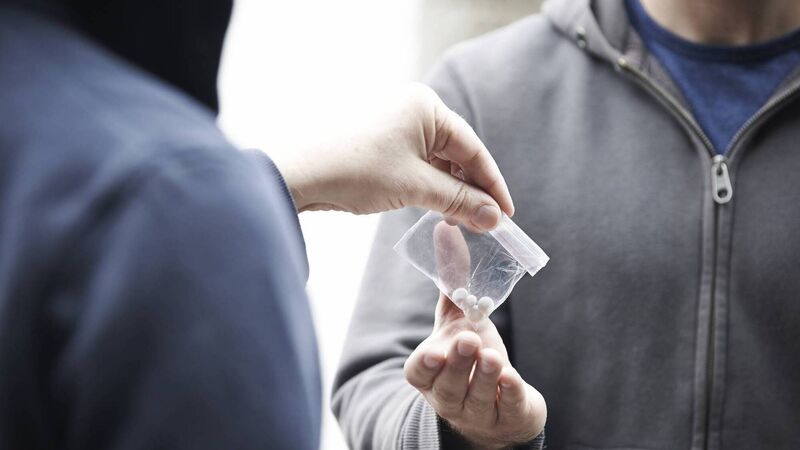Demand for addiction treatment rises by 35% as more people seek help, report shows

The organisation supported 3,293 people last year — a 35% increase on 2023
The number of people seeking help from drug and alcohol treatment services surged in 2024, according to a new report.
Coolmine Therapeutic Community, Ireland’s national drug and alcohol treatment centre, published its annual report on Tuesday, highlighting a sharp rise in demand for addiction services across the country.










